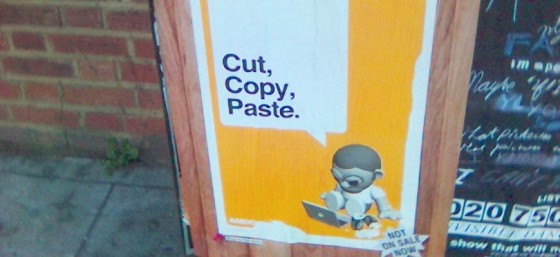People come to this site almost every day with questions about whether someone can post their picture on the internet without obtaining consent. Some people even ask if it’s a crime or whether they can sue.
Sue for what? Which of your rights have been violated?
Of course, each situation must be evaluated on its merits. It’s possible that a person is concerned with an intimate photo, a photograph that was taken in a bathroom, or circumstances where they are being harassed. I’m not saying that there aren’t situations where a person’s rights may have been violated; however, the frequency with which I get these questions makes me wonder whether most of these people have a legitimate legal concern or merely hurt feelings.
No Expectation of Privacy in Public
Remember, in the U.S., there is no expectation of privacy in anything you do in public (exceptions of course for places like bathrooms, confessionals, etc.). So, if someone snaps a photo of you that is less than flattering, and they post it on the internet, as long as they are not violating your rights, there’s nothing you can do about it.
Maybe they took a photo of you not putting your shopping cart away, walking around with your skirt tucked into your underwear, or texting while driving. I think there are much more important things to talk about in general and definitely that are worth of documenting permanently online; however, it’s not illegal. Just like it is not illegal to be stupid, it is not illegal to post stupid things online. The internet is full of stupid.
So What Do You Do?
Well, if you truly believe that you’ve been the victim of a crime or that your rights have been violated, contact the police or buy an hour with a lawyer to review your situation. You may be in a situation where your legal rights have not been violated but the posting itself and violates the terms that apply to the site where it was published. In that case, reporting the image to the website administrators may be sufficient to get it removed.
If it is purely a situation where you are merely angry or upset, and the person won’t remove the image when asked, let it go. If you’re embarrassed by your behavior, don’t do it again. If you’re in a situation where the image shows up if someone Googles your name, you can try to bury it by manipulating the search algorithm. Hopefully it’s not a situation where you screwed up so badly that the image or situation is going to dominate the search results for years to come.
On the Flip Side
If you’re thinking about snapping a picture of someone, check your motives. If you’ve taken a picture and you have the impulse to share it online, double and triple check your motives. What are the benefits of sharing this image? Are you being vindictive? If the situation were reversed, would you want an image of you in a similar situation posted? What if the person in the picture was your parent or significant other – would you post it then?
The person in the photo isn’t the only one at risk of losing face. Do you want to be the jerk who not only took this photo, but also shared it? You could harm yourself as well as the other person.
What is socially inappropriate and what is illegal are often two drastically different standards. My rule of thumb for this situations is the same: Think before you act. Think before you post. If you want to talk more about internet privacy or social media law, you can contact me directly or connect with me on Twitter, Facebook, YouTube, or LinkedIn. You can also get access to more exclusive content that is available only to people on my mailing list, by subscribing here.









